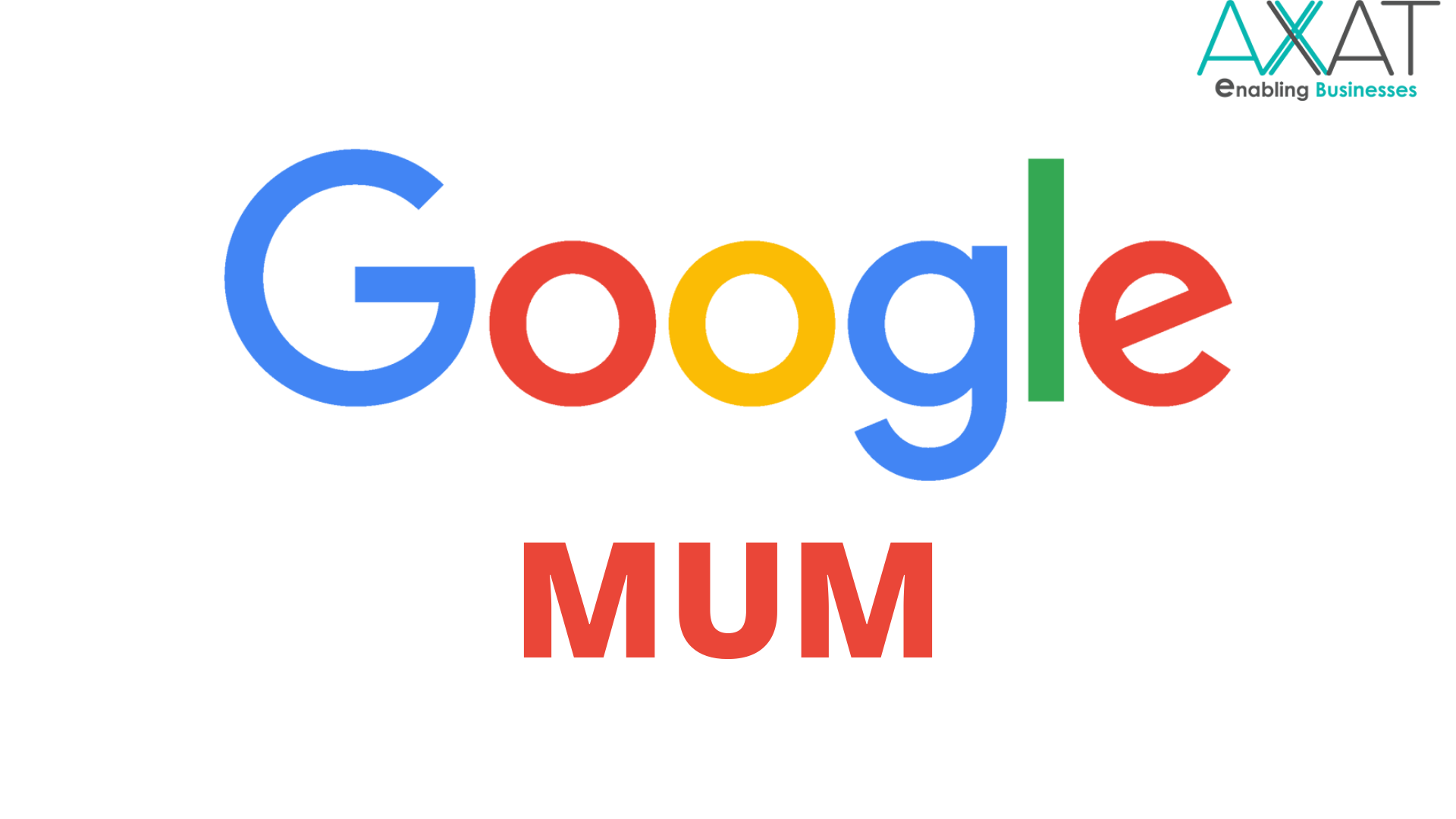Google MUM stands for Multitask Unified Model, a new AI-based Google technology for understanding and answering complicated search requests.
The transformer architecture is used by Google MUM, as well as other sophisticated language models like as LaMDA, GPT-3, and BERT. Transformer architecture is a neural network model that converts a sequential input to a sequential output, such as voice recognition or text-to-speech conversion.
This is a difficult search question, according to Google, because you aren't getting the proper answer with fewer queries. According to Google, for any complex task, users do an average of eight query searches.
As a result, the major goal of the new Google MUM update is to make it easier for users to discover answers to their queries by reducing the amount of searches they conduct.
Google's MUM will eliminate the need for users to conduct numerous searches in order to compare and get deeper insights. It has the capacity to understand and provide answers based not just on textual content, but also on the interpretation of photos, videos, and podcasts in ways that were previously impossible.
It supports 75 languages, implying that it can pool and serve results to provide users with the most holistic and complete search experience possible, answering even the most complicated inquiries.
Google MUM will change the way people access and utilize information on the internet by redefining search relevancy. This should be taken with a grain of salt, since not all content can be trusted, and it will ultimately come down to user judgment.
The MUM upgrade implies that searches will now serve material that gives useful, related insights, and will reach deeper for these sources than any previous search engine update.
The MUM update, according to Google, is the solution.
Although the algorithm is still in its early stages, it appears to be an exciting development that Google is devoted to continuing to develop. How? Google plans to adhere to these guidelines in order to make it "the world's finest MUM" and eliminate any machine learning biases:
The Search Quality Rater Guidelines will assist understand how people discover information by gathering human feedback from raters.
MUM will go through the same procedure as Google search models, similar to the BERT upgrade in 2019.
Using what they've learned from their most recent studies on how to decrease the carbon footprint of big neural network training systems to guarantee that search continues to run as effectively as possible.
Why MUM is important?
MUM translates meaning in a way that is understandable to people, breaking down language boundaries to provide us the most complete search engine capacity ever.
In comparison to any prior search engine upgrade, it is quick, extensive, and complete. In a world where users want thorough, relevant, and accurate responses in seconds – everywhere, anytime – this is critical.
This will dismantle search silos, removing the veils of language boundaries and a lack of intuition. It will consider all aspects of user inquiries, questions, and comparison requirements, saving the time we spend attempting to find the correct responses to elicit what we want.
Keywords and SEO content have always been an important component of how information is delivered and how it must match purpose. While it has remained vital to attract attention to particular in recent years, it has evolved slightly to be more phrase friendly, with keywords being employed in a more natural context. This is clearly advantageous to the MUM search method. It can give complex responses to queries by combining NLP with in-depth world knowledge to acquire extra information in a variety of media, including text, pictures, and, in the future, video, and audio.
Final Thought
Over the last decade, Google has made significant progress in AI as part of natural language processing. MUM currently only recognizes text and pictures as sources of information. In the future, this multitasking unified paradigm will incorporate all types of data and material as part of the information provided by the search engine.
While we can't predict the future, we do know that MUM's inclusion in Google search has changed everything. As the power of artificial intelligence becomes increasingly integrated with organic traffic, it will be more important than ever to create high-quality content that provides the answers people are looking for.
